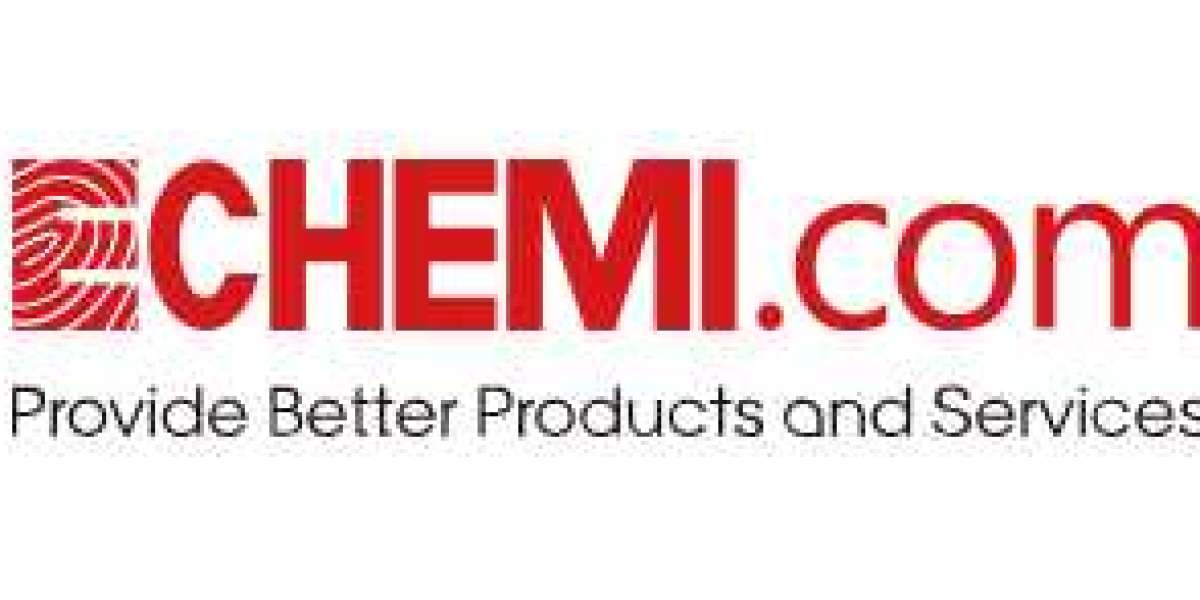Chemical products for corrosion protection play a crucial role in preserving and extending the lifespan of infrastructure assets. Here is a brief introduction to these products:
Corrosion Protection Importance: Infrastructure, such as bridges, pipelines, and buildings, is susceptible to corrosion due to exposure to harsh environmental conditions, moisture, and chemicals. Corrosion can lead to structural deterioration, safety risks, and costly repairs. chemical products specifically formulated for corrosion protection help mitigate these risks and ensure the longevity of infrastructure assets.
Anti-Corrosion Coatings: Chemical products include a wide range of anti-corrosion coatings designed to create a protective barrier on the surface of infrastructure materials. These coatings can be applied to metals, concrete, and other materials, providing a shield against corrosive elements. They act as a physical and chemical barrier, preventing moisture, chemicals, and oxygen from reaching the underlying substrate.
Rust Converters: Rust converters are chemical products that transform existing rust into a stable, protective coating. These products contain special compounds that react with rust, converting it into a more stable form, such as iron phosphate or iron tannate. Rust converters not only halt the corrosion process but also provide a base for subsequent protective coatings.
Cathodic Protection Systems: Chemical products are also used in cathodic protection systems, which are employed to protect metallic infrastructure from corrosion. These systems utilize sacrificial anodes or impressed current to generate a protective electrochemical reaction that prevents the corrosion of the metal. Chemical additives and monitoring solutions are essential components in maintaining the effectiveness of cathodic protection systems.
Corrosion Inhibitors: Chemical products in the form of corrosion inhibitors are used to slow down or prevent the corrosion process. These inhibitors work by interfering with the chemical reactions that cause corrosion, either by forming a protective film on the metal surface or by altering the electrochemical properties of the corrosion environment.
Waterproofing Agents: Infrastructure materials, such as concrete, are vulnerable to moisture penetration, which can lead to corrosion of embedded reinforcement. Chemical products designed as waterproofing agents provide a protective barrier that prevents water ingress, protecting the underlying materials from corrosion damage.
Environmental Considerations: Chemical products for corrosion protection are continually evolving to meet environmental regulations and sustainability requirements. There is a growing emphasis on developing eco-friendly and non-toxic formulations that provide effective corrosion protection while minimizing the environmental impact.
In summary, chemical products for corrosion protection are vital for safeguarding infrastructure assets. These products, including anti-corrosion coatings, rust converters, cathodic protection systems, corrosion inhibitors, and waterproofing agents, help prevent corrosion, extend the lifespan of infrastructure, and reduce the need for costly repairs. The ongoing development of environmentally friendly formulations ensures that corrosion protection can be achieved in a sustainable manner.







